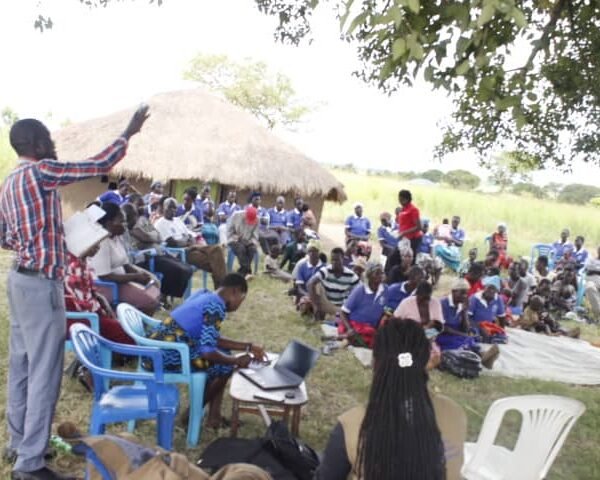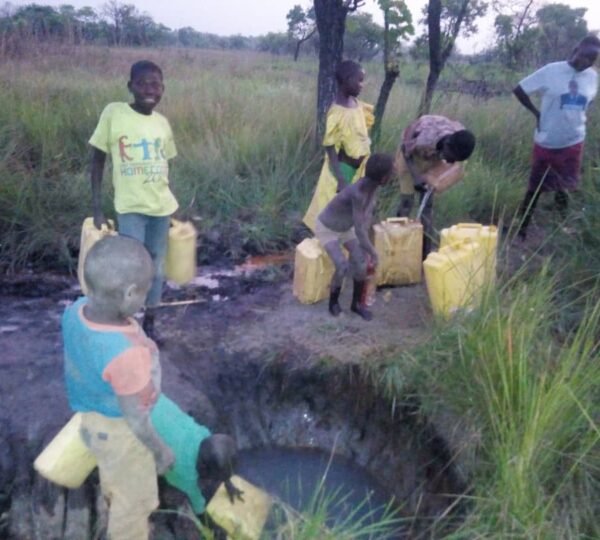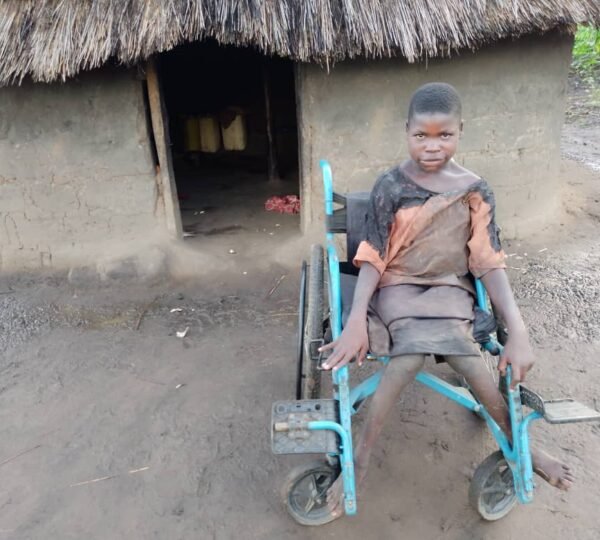OUR PROGRAMS
- Home
- OUR PROGRAMS
OUR PROGRAMS
Scope 1: HEALTH FOR ALL

Sexual and Reproductive Health Rights (SRHR):
- This involves educating individuals about their rights related to sexual and reproductive health. It includes access to information, services, and the right to make decisions regarding one’s own body.
Nutrition and WASH (Water, Sanitation, and Hygiene):
- Focusing on children below five years is essential as this is a critical period for growth and development. Addressing malnutrition helps prevent stunted growth and other health issues. The inclusion of WASH practices ensures a clean and healthy environment, further supporting good health.
Condom Distribution:
- Promoting safe sex through condom distribution is a key strategy in preventing unintended pregnancies and reducing the transmission of sexually transmitted infections (STIs), including HIV.
HIV/AIDS Awareness and Sensitization:
- This component involves educational programs to increase awareness about HIV/AIDS, modes of transmission, prevention methods, and destigmatizing those living with HIV. It may also include promoting regular testing and counseling.
Referral for STDs Treatment:
- Establishing a system for the identification and referral of individuals with sexually transmitted diseases (STDs) is crucial. This ensures timely access to treatment and helps prevent the spread of infections within the community.
To implement this health program effectively, consider the following:
Community Engagement: Involve the community in the planning and implementation of the program to ensure it meets their specific needs and addresses cultural considerations.
Health Education: Develop informative materials and conduct workshops to educate individuals on sexual and reproductive health, nutrition, hygiene practices, and the importance of using condoms.
Healthcare Infrastructure: Strengthen healthcare facilities to provide necessary services, treatment, and follow-up care.
Monitoring and Evaluation: Establish a monitoring and evaluation system to track the program’s progress, identify areas for improvement, and ensure that goals are being met.
Partnerships: Collaborate with local organizations, government agencies, and NGOs to maximize resources and expertise.
Sustainability: Consider long-term sustainability by empowering local communities to take ownership of their health and well-being.
Scope 2: LIVELIHOODS

Here is how we deliver our mandate to the communities we work with:
Crop Cultivation:
- Maize, groundnuts, sunflowers, soya beans, rice, and cassava are staple crops with economic importance. Diversifying crops can contribute to food security and income generation.
Livelihood Capacity Building for Farmers’ Groups:
- Training programs on various aspects of agriculture, including modern farming techniques, sustainable practices, and efficient use of resources, can enhance the capacity of farmers’ groups.
Enterprise Selection and Management:
- Assisting farmers in selecting the right enterprises based on market demand and local conditions is crucial. Post-harvest handling, marketing strategies, and treating farming as a business help optimize the entire agricultural value chain.
Addressing Counterfeits in Agriculture:
- This involves educating farmers on the importance of using genuine seeds, fertilizers, and other agricultural inputs. Creating awareness about counterfeit products and providing guidance on how to identify and avoid them is essential.
Group Dynamics and Formation:
- Building effective farmer groups enhances collaboration and resource-sharing. Training in group dynamics, leadership skills, and conflict resolution contributes to the overall success of the community’s agricultural initiatives.
Constitution Development:
- Developing a clear and comprehensive constitution for the farmer groups helps establish the rules, responsibilities, and decision-making processes within the group. This is essential for maintaining transparency and accountability.
Lobbying and Advocacy:
- Empowering farmers with skills in lobbying and advocacy can help them address policy issues, access resources, and promote favorable conditions for agriculture at local and national levels.
Proposal Writing:
- Training on proposal writing equips farmers’ groups with the skills to seek funding and support for their projects. This is crucial for sustaining and expanding agricultural initiatives.
To implement this livelihood program effectively, TUA Uganda considers the following:
Community Engagement: Involves the community in the planning and implementation of the program to ensure it aligns with their needs and aspirations.
Market Linkages: Establish connections between farmers and markets to ensure a steady income for their produce.
Monitoring and Evaluation: Regularly assess the impact of the program on the livelihoods of participating farmers and make adjustments as needed.
Sustainability: Encourage sustainable agricultural practices that consider environmental conservation and long-term productivity.
Networking: Facilitate networking opportunities for farmers, allowing them to share experiences, knowledge, and best practices.
Access to Finance: Explore options for providing financial support or facilitating access to credit for farmers to invest in their agricultural activities.
Scope 3: ENVIRONMENTAL PROTECTION

It’s crucial to sensitize people on the protection of the environment and national resources to address issues like deforestation, soil degradation, water scarcity, and climate change. TUA Uganda focuses on raising awareness and promoting sustainable practices through:
Educational Campaigns:
- Develop and implement educational campaigns to raise awareness about the importance of protecting national resources. Utilize various mediums such as community meetings, workshops, radio, and informational materials to disseminate information.
Tree Planting Programs:
- Initiate tree planting programs to combat deforestation and promote afforestation. Involve the community in tree planting activities and educate them on the benefits of trees, including carbon sequestration and soil conservation.
Soil Conservation Practices:
- Provide training on sustainable agricultural practices that prevent soil erosion, such as contour plowing, cover cropping, and agroforestry. Emphasize the importance of soil health for agricultural productivity and environmental stability.
Water Conservation Initiatives:
- Promote water conservation practices to address water scarcity. This may include rainwater harvesting, efficient irrigation methods, and raising awareness about responsible water usage at the community level.
Waste Management Programs:
- Implement waste management initiatives to reduce pollution. Encourage proper waste disposal, recycling, and composting. Conduct awareness campaigns on the environmental impact of improper waste disposal.
Climate Change Mitigation and Adaptation:
- Educate the community on climate change, its impacts, and ways to mitigate and adapt to these changes. Promote sustainable practices that reduce carbon footprints, such as energy conservation and the use of renewable energy sources.
Biodiversity Conservation:
- Raise awareness about the importance of biodiversity and the role it plays in maintaining ecological balance. Implement programs to protect endangered species and their habitats.
Community Engagement and Participation:
- Involve the community in decision-making processes related to environmental protection. Encourage community members to actively participate in sustainable practices and be stewards of their local environment.
Legislation and Policy Advocacy:
- Advocate for and support the development and enforcement of environmental protection policies and legislation at the local and national levels. Engage with policymakers and community leaders to ensure the creation of a conducive legal environment.
Monitoring and Reporting:
- Establish a system for monitoring environmental changes and reporting any illegal activities that threaten national resources. Encourage the community to be vigilant and report instances of deforestation, pollution, or other environmental violations.
Partnerships and Collaboration:
- Collaborate with environmental organizations, government agencies, non-profits, and other stakeholders to leverage resources and expertise. Build partnerships to implement larger-scale projects and initiatives.
Incentives for Sustainable Practices:
- Provide incentives for individuals and communities adopting sustainable practices, such as tax breaks, subsidies for eco-friendly initiatives, or recognition programs for environmental stewardship.
Scope 4: DISABILITY INCLUSION

Promoting disability inclusion in community projects is a commendable effort that is a pillar of work at TUA Uganda through the following:
Awareness Workshops and Training:
- Organizes workshops and training sessions for community members, project staff, and local leaders to raise awareness about disability rights, challenges faced by people with disabilities, and the benefits of inclusion.
Community Engagement:
- Actively involve people with disabilities in community meetings and decision-making processes. Encourage open discussions to identify barriers to inclusion and co-create solutions with the community.
Celebrating Success Stories:
- Document success stories of people with disabilities who have actively participated in and benefited from our community projects and beyond. This helps change perceptions and encourages further inclusion.
Policy Advocacy:
- Advocates for the development and implementation of inclusive policies at the local and national levels by engaging with policymakers to ensure that disability rights are considered in all aspects of community development.
